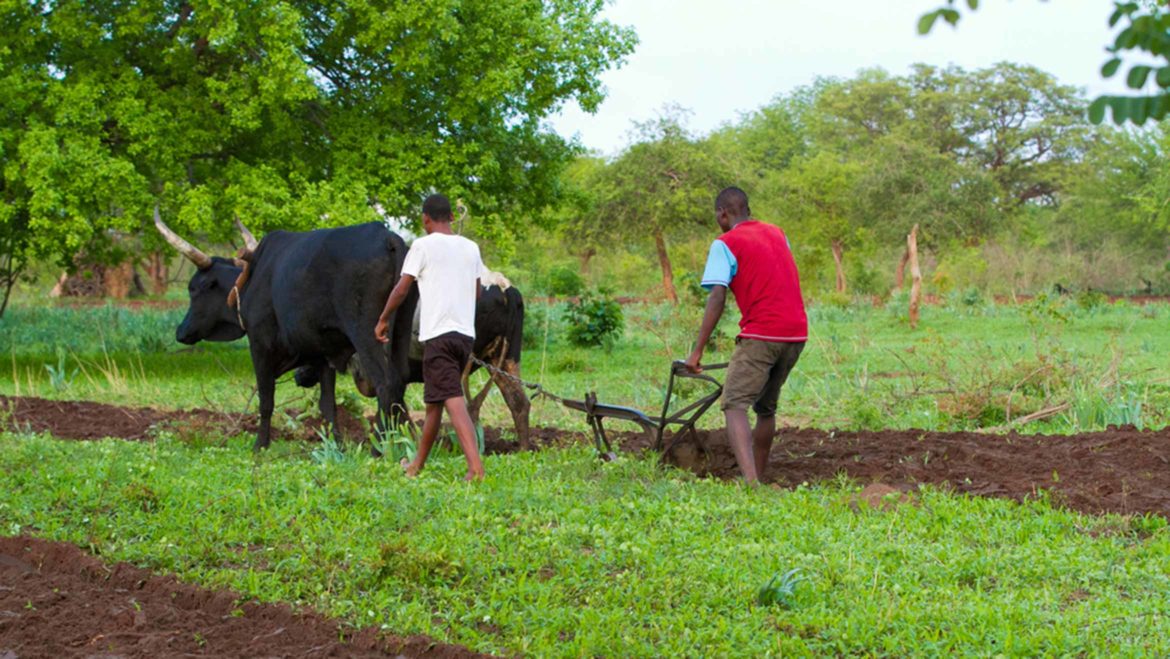Summary
Until recently, the limited success of agriculture and cattle production has been one of the main challenges faced by the rural communities around Xstrata’s copper mine in Las Bambas, Peru. Thanks to a community development program instituted by the company, local communities living near the mine are now benefiting from agricultural improvement projects that they have helped to identify, prioritize and implement.
Context and challenge
Xstrata’s Las Bambas copper project was the company’s first operation in Peru. It is located at an altitude of 4km above sea level, between Grau and Cotabambas – among the country’s poorest provinces. Local government capacity in the area is weak, for example many residents cannot receive even basic public services due to a widespread lack of identity documents and poor land registration.
Agricultural production was being compromised by lack of irrigation channels, poor genetic breeding and parasites. Sheep were kept under a “free grazing” system that contributed to overgrazing in several areas. The company recognized that there was a risk to its licence to operate if it could not demonstrate the benefits of its presence to the predominantly agricultural local community.
Response
The company’s community engagement team consulted widely in order to respond to local needs. Communities agreed priorities for action in open meetings and the company arranged for training as part of the projects. This included modules on capacity building and institutional strengthening. Projects identified through this process included:
- construction of irrigation systems in Pamputa, Huancuire, Pallca Picosayhuas, Chicñahui and Choquecca and a cattle breeding program
- guinea pig breeding and the establishment of hydroponic pasture farms in Fuerabamba
- trout farming in Pamputa.
Outcomes
Irrigation systems were constructed and healthy cattle introduced to improve the local genetic pool. A disease prevention system was established to protect the new cattle. Local people considered this project important for improving nutrition and health, as well as providing a potential source of income from the production of dairy goods.
The local community also identified the breeding of small animals as an effective means of improving family nutrition, and increasing commercial capacity and income generation. A pilot guinea pig breeding project was undertaken by 10 families in Fuerabamba to test whether improved guinea pigs could adapt to the altitude and whether families could easily adopt the new techniques required to breed this type of guinea pig.

